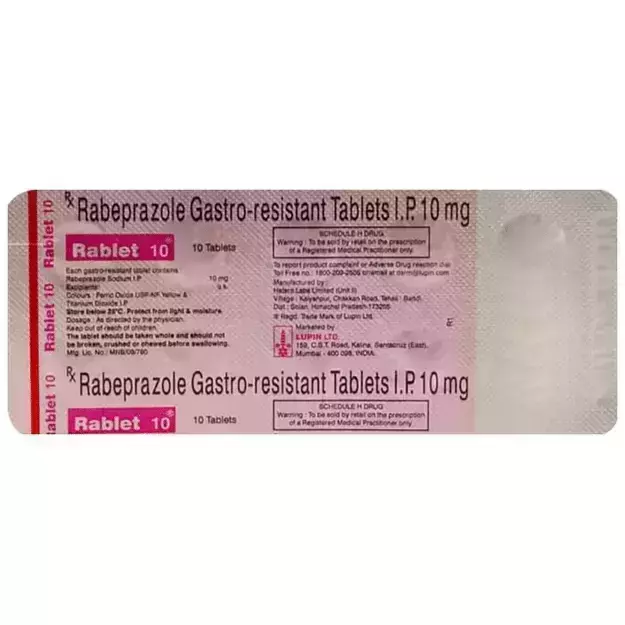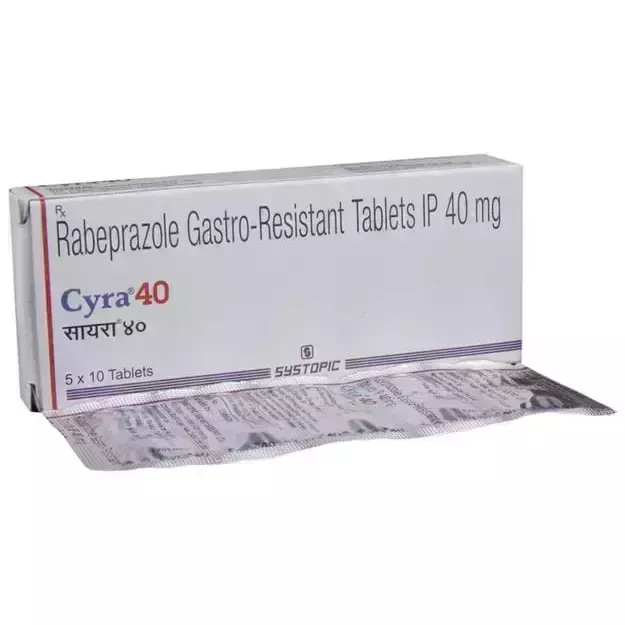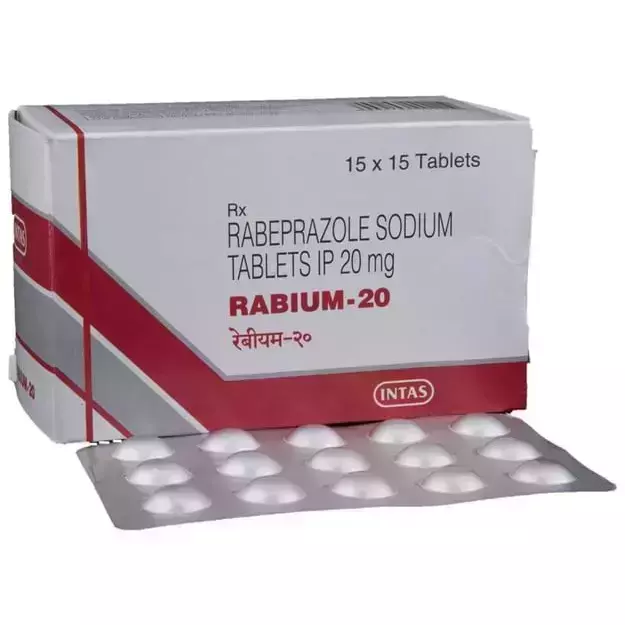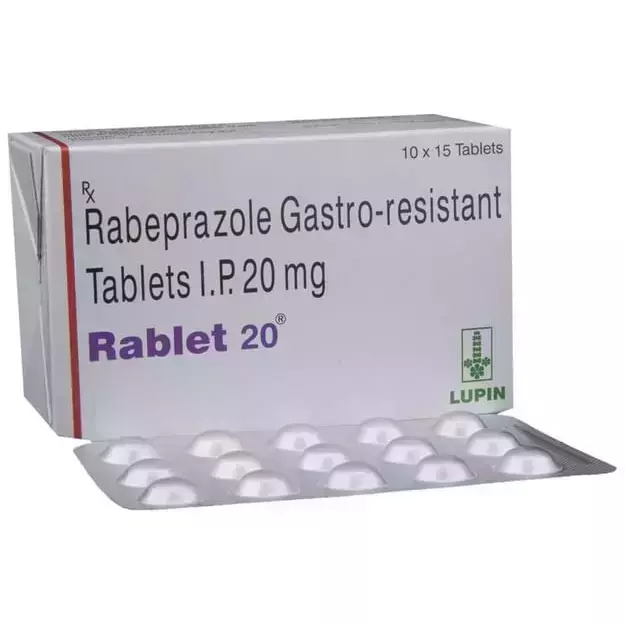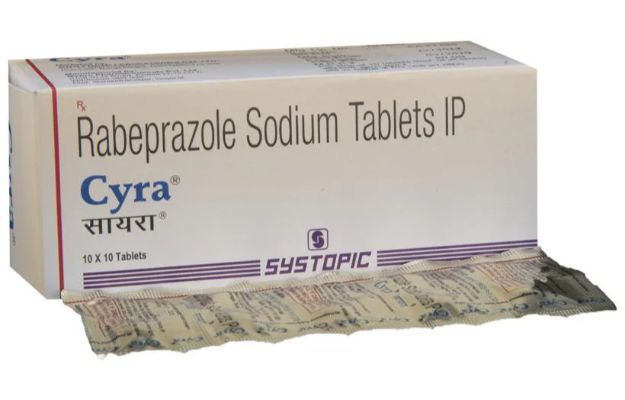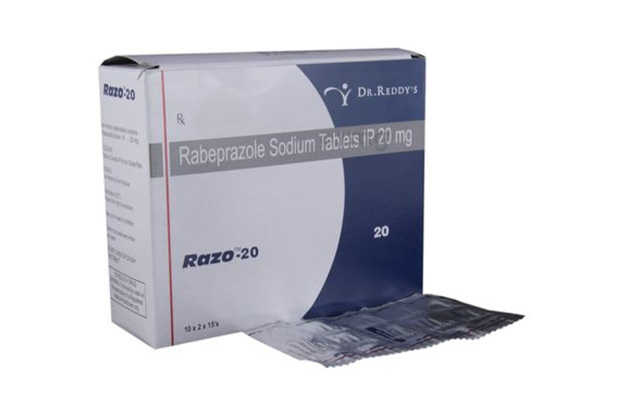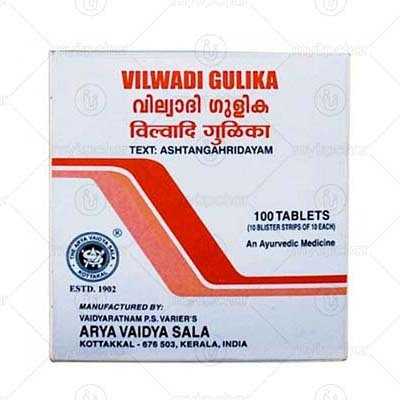Razo 10 Tablet is a prescription medicine that is available as a Tablet. It is typically used for the treatment of Acidity. Secondary and off-label uses of Razo 10 Tablet have also been mentioned below.
The right dosage of Razo 10 Tablet depends on the age, gender, and medical history of the patient. The condition it has been prescribed for, and the route of administration also determine the right dosage. This information has been provided in detail in the dosage section.
Razo 10 Tablet also has some side effects, the most common being Diarrhoea. While these are the most often observed Razo 10 Tablet side effects, there are can be others also. These have been listed below. Normally, these side effects of Razo 10 Tablet are not long lasting and go away when the treatment is finished. Please speak with your doctor if these side effects worsen or persist for a longer duration.
In addition, Razo 10 Tablet's effect is Safe during pregnancy and Moderate for lactating mothers. Further, the section on Razo 10 Tablet related warnings talks about Razo 10 Tablet's effects on the liver, heart and kidney.
Individuals suffering from medical conditions like Diarrhea (Loose Motions) must refrain from the use of Razo 10 Tablet since this can cause severe adverse effects. Other contraindications of Razo 10 Tablet have been discussed in the sections ahead.
Drug interactions for Razo 10 Tablet have been reported in the medical literature. A complete list of these interactions is given below.
In addition to the above precautions for Razo 10 Tablet, it is important to know that it is not safe while driving, and is not habit-forming.
X

